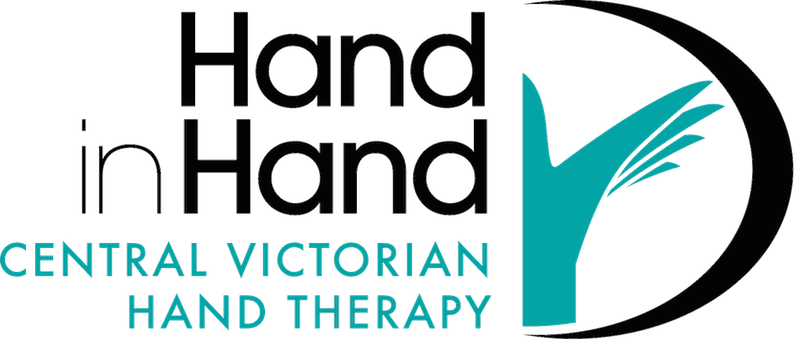Elbow Pain
Elbow pain has a wide variety of potential causes and can be the result of either an injury or a condition. It often takes a physical examination along with an understanding of the way the patient uses their arm and elbow on a daily basis to pinpoint the exact cause of their pain. After this initial evaluation, however, we can start putting together a plan of action for how we can treat your pain and improve the elbow’s function.
There are a variety of conditions and injuries that can trigger moderate to severe elbow pain:
- Tennis Elbow (Lateral Epicondylitis)
- Golfer’s Elbow (Medial Epicondylitis)
- Elbow Fractures & Dislocations
- Distal Biceps Rupture
- Cubital Tunnel Syndrome (Ulnar Neuritis)
Read more about these conditions & injuries in our blog post - Do You Suffer From Elbow Pain?
Symptoms of Conditions & Injuries Affecting The Elbow
There are a variety symptoms caused by conditions and injuries affecting the elbow pain such as:
- Pain along the outside of your upper forearm to your elbow due to overexertion from repetitive use.
- Weakness can make it difficult to do things like open doors
- Elbow joint laxity / clicking
- Numbness and tingling radiating all the way up to the ring and little fingers.
- Misalignment of the humerus, and the radius and ulna
- Muscle pain and / or weakness
- Lack of strength
- Inability to extend forearm
How We Treat Elbow Pain
Once we have evaluated your pain and determined the cause, we will address treatment in a variety of ways suited to your individual needs. Generally, we will follow these guidelines:
For Tennis and Golfer’s Elbow and Cubital Tunnel Syndrome - While providing you with education about the condition and some best practices and motions to avoid, we may try any number of treatments depending on the extent of your condition. Some options are:
- Taping
- Splinting or Bracing
- Massage (for Tennis and Golfer’s Elbow)
- Guided movements and rotations
- Strengthening exercises
For fractures and breaks - Fractures will first need to be X-rayed. Once an orthopaedist has determined whether or not surgery and/or casting is necessary, we may try some light movement exercises to retain function and mobility while you heal, then strengthening exercises once the break itself has healed.
Ruptures (partial and full) - Partial ruptures are often treated without surgery. For the most part, we will recommend resting the affected arm within a sling and only using it for gentle movements. We will guide you through mobility and strength training at increasing difficulty levels throughout the healing process to ensure you return to full function. Full ruptures often start with surgery to reattach the muscle to the bone, followed by a short period of being fully casted with no motion. After that, we will guide you through increasing your strength and range of motion much like we would in a partial rupture.
Dislocations - A dislocated elbow, once corrected, will be kept completely immobile for between 1 and 3 weeks. After this brief period, we will begin guiding you through gentle range of motion exercises and start to build your strength again.
Book an appointment with our experienced Hand Therapists by either calling us on 03 54425288 or through our online booking system now
I Am Experiencing Elbow Pain - What Should I Do?
If you’re experiencing elbow pain that’s inhibiting your ability to go about your daily life, make an appointment for an evaluation with us at Central Victorian Hand Therapy. We’ll do a physical examination and ask a series of questions about your lifestyle to determine what type of injury or condition might be causing your pain, then form a tailor-made plan for your recovery
You can contact us directly via phone, email, or contact us via our online booking system.
Please note, patients who want to refer themselves are welcome to do so. You only need a referral if you are funded under Workcover, TAC, The Department of Veterans Affairs (DVA), or you are on a Management Plan such as the Enhanced Primary Care Plan from your doctor.

